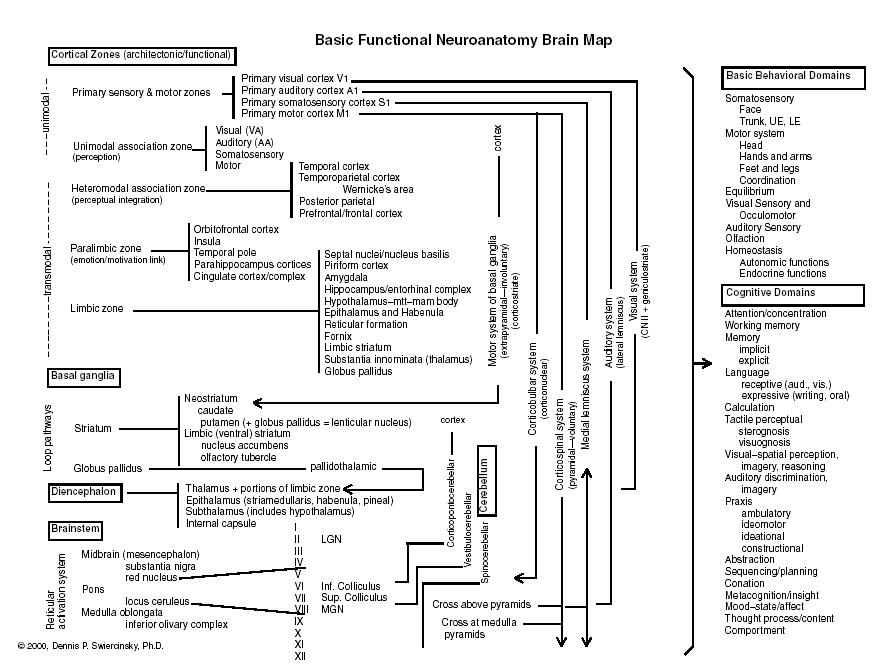These are my parakeets.
 | ||
| L-R: Buttercup, Peepers, and Clair |
Each has her own personality, and they are slowly learning not to fear me.
I love to watch birds; I always have. I used to watch birds in parking lots and follow them around my backyard. They have so much energy that they're endlessly entertaining, and for some reason, their antics are a continual delight for me.
The effect is only intensified with my birds. I could sit for hours and watch them hop about, play with their toys, preen their feathers, and fly about my room. They're pretty much the perfect pet for me; they like and need lots of attention, and I'm the girl who used to narrate everything she did (and still does when alone). They don't care what I'm saying as long as I'm talking to them, and I don't care that they can't understand as long as they'll listen.
So I got to thinking one day what my laws would be for them if I somehow became the parakeet god. I wouldn't want to give them too many onerous laws to follow, but maybe one or two commandments would be reasonable. So I thought that my first commandment to them would be:
"Be excellent to each other (or just stop picking at each other)."
Parakeets don't really have a pecking order, but they occasionally squabble and nip at each other with their beaks. It's mildly heartbreaking to see creatures that I love so much fighting with each other. I will give them more food if they run out or buy them more perches if there aren't enough, and grumbling at each other is really unnecessary. I wish that I could just talk to them for five minutes in parakeet-language and make them understand how precious and wonderful they each are, and that I will take care of them and provide what they need (and most of what they want) and that I love each of them specially, uniquely, and differently. It would be impossible to choose which I love more, because love doesn't work like that. Buttercup-love is not diminished by Peepers-love. Peepers-love is not diminished by Clair-love. Clair-love is not diminished by Buttercup-love.
But then I realized that would have to be my second commandment. The first would have to be:
"Have no fear."
Parakeets are native to Australia, where they fly around in enormous flocks looking for water. They have many predators and no defenses. They do not have claws or camouflage or sharp teeth or tough scales or any sort of fighting ability at all. Their primary instinct when faced with even trivially novel experiences is to fly away, and their panic threshold is almost amusingly low.
As a result, any new toy must be subjected to at least 24-hours' scrutiny before being approached. A different kind of fruit will be untouched the first dozen times I offer it. Standing too close to the cage will prompt swift scurrying to the other side. The ceiling fan is regarded as a large windy harbinger of death.
It's quite touching, given all that, that they've come to trust me as much as they do. Buttercup and Clair will generally let me hold them to feed them their beloved millet treats. Even the timid Peepers isn't usually afraid of my hand anymore when I'm changing their water or refilling their food.
But they're still afraid of so many things, because it's in their instincts. Their species grew up in a world full of danger, and their psyches reflect that. I just wish I could somehow explain to them that they no longer need to be afraid, that I will always protect them and care for them, and that by bringing them into my apartment to live with me, I have eliminated their reason to fear. It served a purpose once, but I have removed the reason their psyche even knows timidity. I know they can't see that; they still believe they're in danger. But I so much wish they could, because I love them.
So in this odd hypothetical where I was the parakeet god, those would be my commandments:
1) Have no fear, because that world is gone, and
2) Be excellent to each other, because I love you more than you can ever grasp.
"... and so it is with God."





